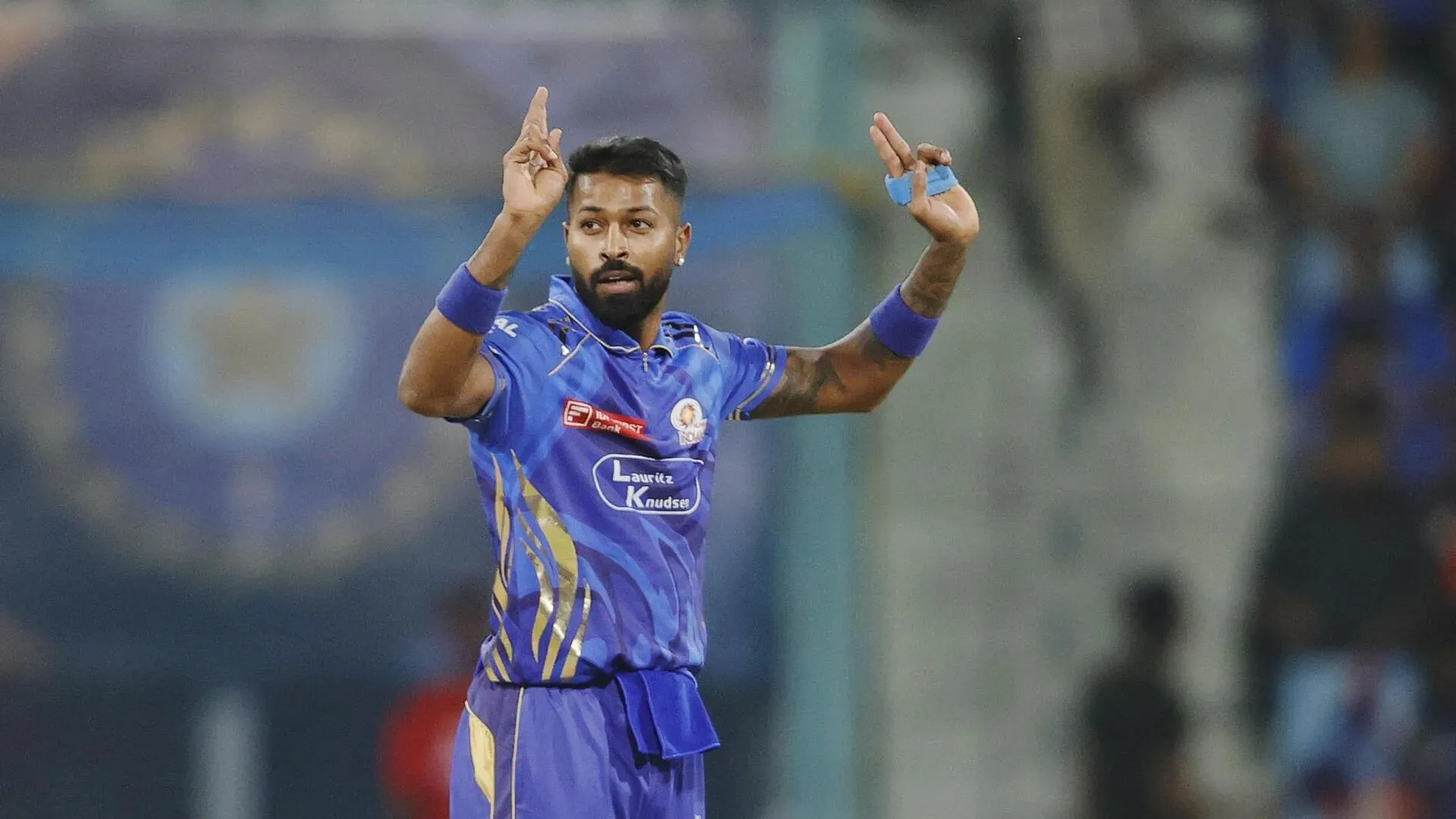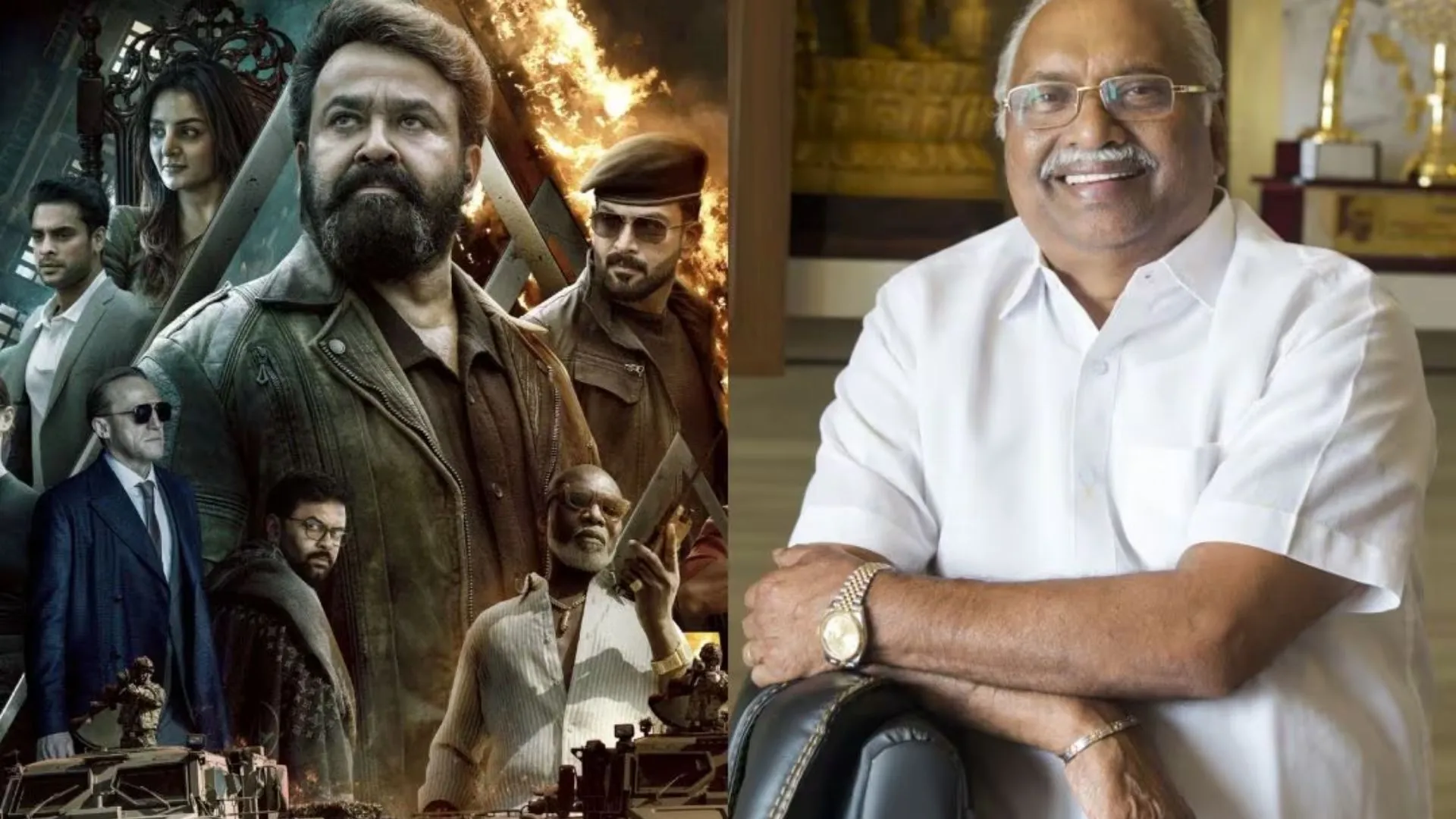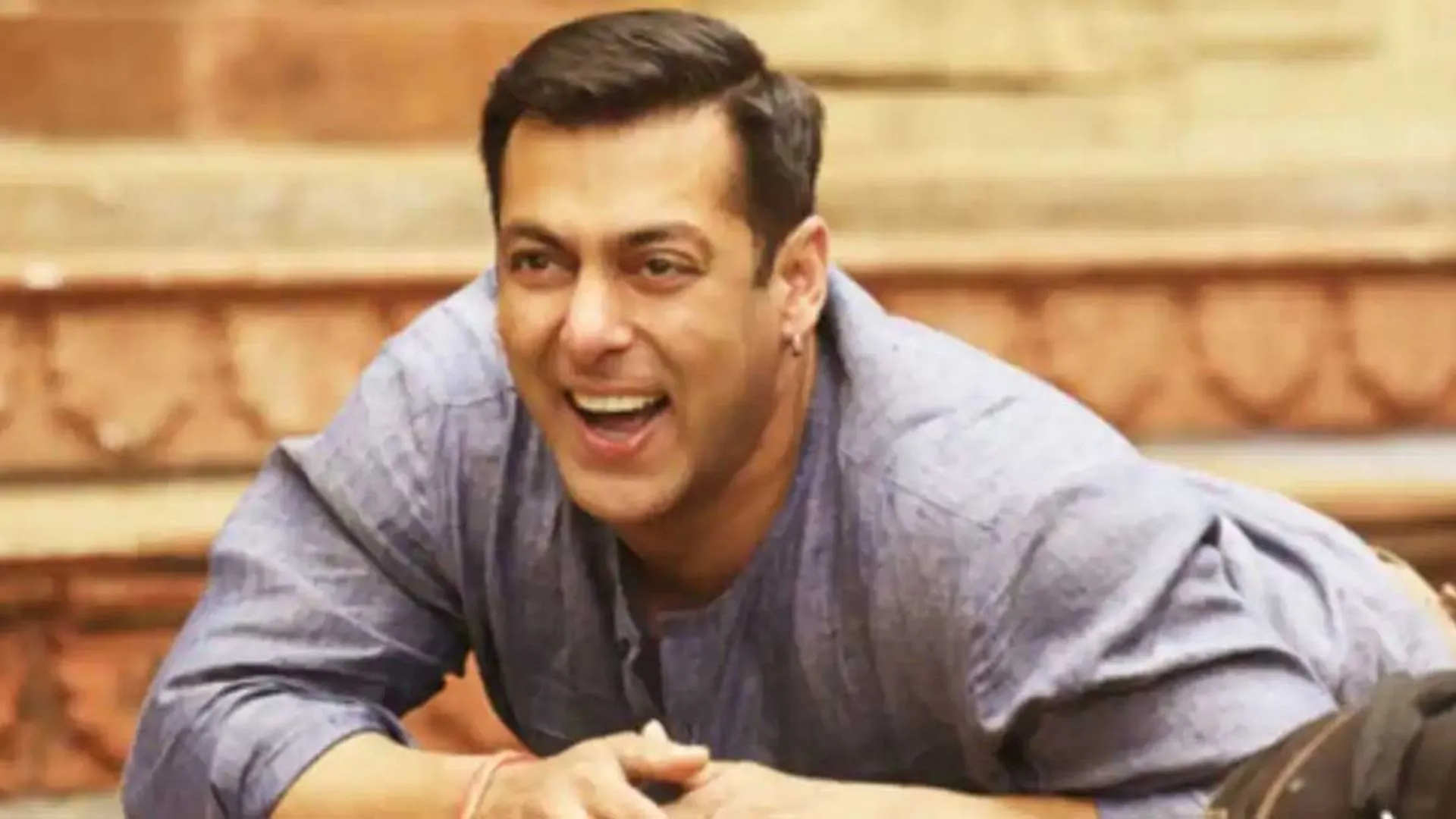The Supreme Court of India is set to hear a fresh petition on Tuesday, filed by law student Nitin Upadhyaya, challenging the constitutional validity of the Places of Worship (Special Provisions) Act, 1991. This law, which prevents the alteration of the religious character of places of worship as they stood on August 15, 1947, has been the subject of much legal and political debate.
Why is the Law Being Challenged?
Upadhyaya argues that the Act oversteps constitutional boundaries by barring judicial intervention, a fundamental right guaranteed by the Indian Constitution. He contends that people should have the legal right to seek judicial remedies to determine the historical religious identity of places of worship. Specifically, he is challenging Section 4(2) of the Act, which prohibits any legal proceedings that could alter the status of religious sites.
In addition to questioning the law itself, Upadhyaya has filed a petition against the Supreme Court’s earlier directive that fresh cases on the matter should not be entertained. Previously, the court had allowed certain petitioners to file intervention applications in ongoing cases, providing fresh legal arguments on the subject.
Supreme Court’s Upcoming Hearing
According to the Supreme Court’s cause list published on March 31, Upadhyaya’s case is scheduled to be heard by a two-judge bench, comprising Chief Justice Sanjiv Khanna and Justice Sanjay Kumar.
The Places of Worship Act prohibits the conversion of any place of worship and mandates that their religious character remain unchanged from what it was on August 15, 1947. The law was enacted to maintain communal harmony and prevent conflicts over religious sites.
Concerns Over Growing Intervention Petitions
During a previous hearing in February, the Supreme Court had raised concerns over the increasing number of intervention applications related to the Act.
“Too many petitions filed. There is a limit to interventions being filed,” the Chief Justice-led bench remarked at the time.
Apart from legal battles, political parties have also jumped into the debate. The Indian National Congress (INC) has approached the Supreme Court, seeking to defend the Act. The INC maintains that the law plays a crucial role in upholding secularism and fostering religious harmony in India.
Congress Defends the Act
In its plea, the INC argued that the Places of Worship Act does not violate religious freedom but is, in fact, an essential legal safeguard for secularism.
“The POW Act is enacted by the Parliament, as it reflects the mandate of the Indian populace. In fact, the POW Act had been envisaged prior to the year 1991 and the same was made a part of the applicant’s then election manifesto for the parliamentary elections. The POW Act is essential to safeguard secularism in India, and the present challenge appears to be a motivated and malicious attempt to undermine established principles of secularism,” the INC stated in its submission.
Multiple Petitions and Political Reactions
Several petitions have either challenged the validity of the Act or called for its strict enforcement. A number of political figures and parties have intervened in support of the law, including the Communist Party of India (Marxist), the Indian Union Muslim League (IUML), the Nationalist Congress Party (Sharad Pawar faction), Rashtriya Janata Dal (RJD) MP Manoj Kumar Jha, and All India Majlis-e-Ittehad-ul-Muslimeen (AIMIM) Chief Asaduddin Owaisi.
On the other hand, some petitioners have sought to overturn parts of the Act. Bharatiya Janata Party (BJP) leader and lawyer Ashwini Kumar Upadhyay has urged the Supreme Court to strike down Sections 2, 3, and 4 of the Act. Additionally, former Rajya Sabha MP Subramanian Swamy has filed a petition requesting modifications in the law that would allow Hindus to claim ownership of religious sites like the Gyanvapi Mosque in Varanasi and the Shahi Idgah Mosque in Mathura.
With multiple stakeholders involved, the Supreme Court’s verdict on this contentious issue is likely to have far-reaching implications. The case is being closely watched, as it could redefine the legal landscape surrounding places of worship in India.























